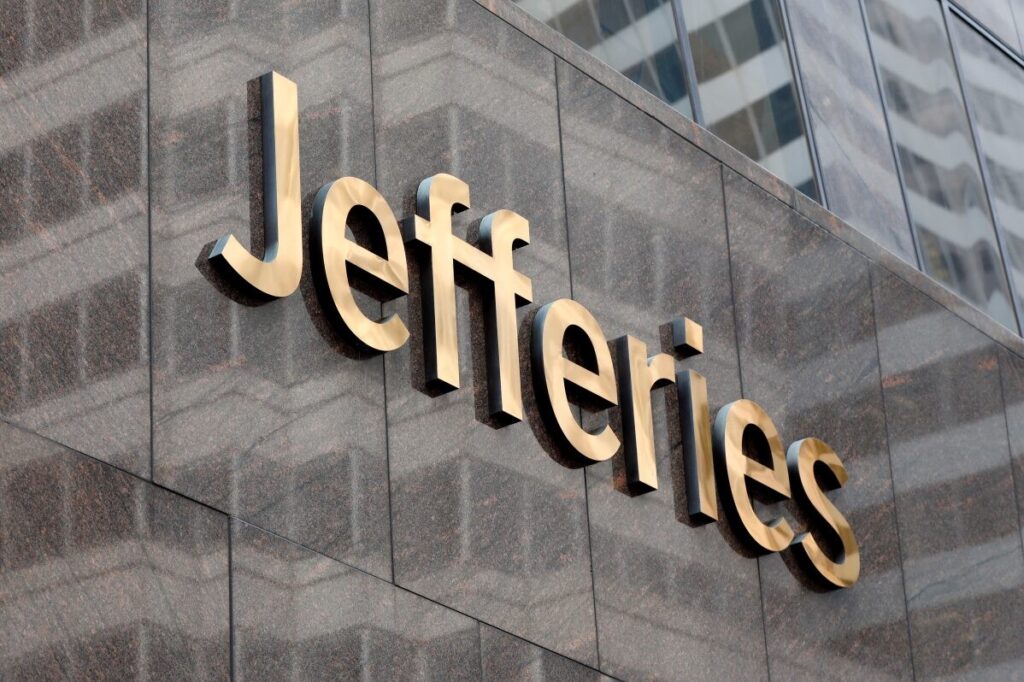Asian Markets Rally Amid Global Uncertainty—Is Washington Preparing to Face Economic Realities?
Asian markets, led by Japan’s Nikkei record surge, rally despite China’s slowing growth and banking sector uncertainty—highlighting the urgent need for America First economic vigilance.

As Asian stock markets surged Monday, fueled by Japan’s landmark political coalition and Wall Street’s recent gains, a deeper look reveals growing fissures that should set off alarms in Washington. Japan’s Nikkei 225 soared nearly 3%, boosted by the formation of a new coalition backing Sanae Takaichi, poised to be Japan’s first female prime minister. Her anticipated market-friendly policies—low interest rates and increased government spending—signal a strategic push to revive Japan’s economy amid global instability.
Why Does Asia’s Economic Shift Matter to America?
Far from an isolated rally, these developments occur against the backdrop of China’s slowing 4.8% growth rate—the weakest in a year—despite still-strong exports outside the U.S. The Chinese Communist Party’s closed-door policy meeting this week aims to chart Beijing’s economic course for the next five years. But with China grappling with a protracted property market slump and reluctant consumers, the economic malaise threatens global supply chains and American interests alike.
South Korea’s Kospi index also hit records, energized by hopes of a U.S.-Korea trade deal and semiconductor demand. Yet with global trade tensions far from resolved, can the White House afford complacency? President Trump’s mixed signals on meeting Chinese President Xi Jinping add to the uncertainty, underscoring the urgent need for a clearly articulated America First trade and economic strategy that protects national sovereignty and bolsters domestic industry.
Banking Turmoil and What It Means for American Families
Closer to home, U.S. banks showed signs of stabilization after recent losses, but the sector remains under intense scrutiny. Multiple lenders reported stronger-than-expected quarterly profits, yet troubling revelations about loan quality—including $50 million in charge-offs linked to borrower misrepresentations—signal vulnerabilities. JPMorgan CEO Jamie Dimon’s warning that “when you see one cockroach, there are probably more” is a sobering call for vigilance.
For hardworking American families, this is not just Wall Street drama—it’s about the safety of their savings, credit access, and financial security. Washington must not turn a blind eye to the systemic risks growing beneath the surface of soaring asset prices and aggressive lending. The question remains: how long will policymakers ignore these warning signs before the fallout hits Main Street?
The recent Asian market gains, juxtaposed with China’s economic struggles and the precarious state of U.S. banks, paint a cautionary tale. America’s economic future depends on bold, principled leadership that prioritizes national sovereignty, fiscal responsibility, and strategic engagement—not reactive band-aids or globalist compromises.
As the world’s economic centers shift and shake, the question for patriotic Americans is clear: will Washington heed these lessons and defend our economic liberty, or will we suffer the consequences of inaction?
